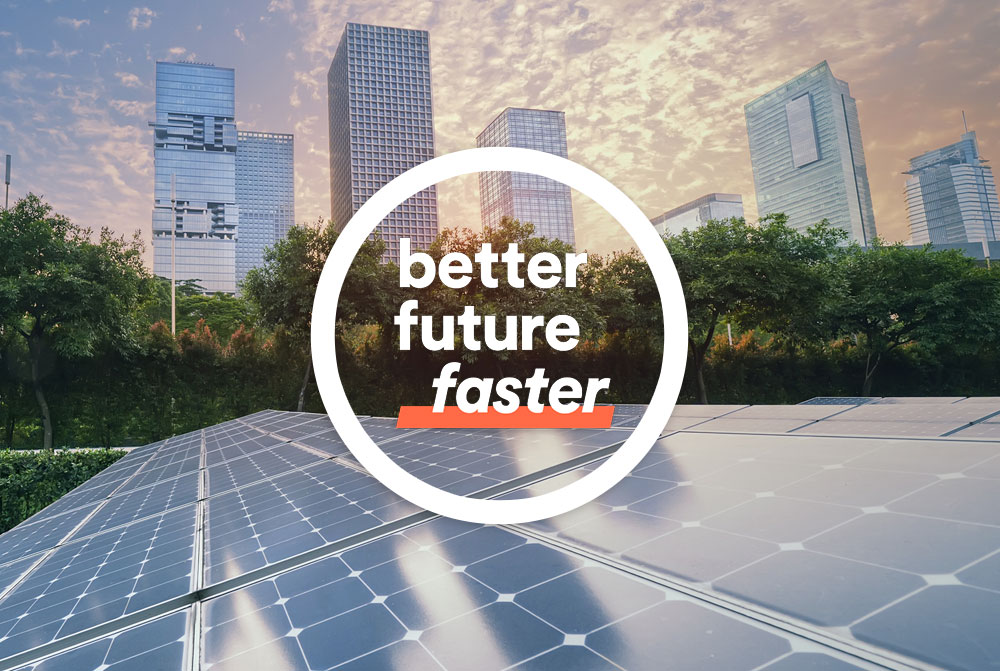Zero-Carbon Transition: Latest signals of change (03.07.2020)
The We Mean Business coalition
Here are just some of the signals of change from the past week, demonstrating the transition to a resilient and inclusive zero-carbon future remains underway.
Zero-Carbon Economy
Jamaica has become the first Caribbean nation to submit a more ambitious nationally determined contribution (NDC). Global carbon dioxide emissions and oil demand likely peaked in 2019, according to analysis. Emmanuel Macron has promised an extra €15 billion for measures to combat the climate crisis over the next two years. Ireland is to set an annual emissions goal to reach carbon neutrality by 2050. French local elections saw strong gains for green candidates. Almost two-thirds of Britons think large companies should only receive public bailout money if they agree to conditions such as protecting jobs and reducing carbon emissions. And Diageo has developed the first carbon-neutral distillery.
Zero-Carbon Energy
Spain has shut down eight of its 15 coal-fired power stations on the grounds they are unprofitable and in order to comply with European regulations. Japan looks set to close 100 of its older coal power units by 2030 to reach its emissions targets. China’s biggest oil and gas producer China National Petroleum Corp (CNPC) has committed to further cut methane emissions by 50% by 2025. UK electric utility OVO Energy and Swedish energy supply company OKQ8 AB have both committed to set a science-based target, with OVO’s aligned to 1.5ºC. Canada’s McCain Foods and Japanese software company Nishon Unisys have both committed to 100% renewable electricity with RE100. The city of Sydney in Australia now runs on 100% renewable energy. And the German government has passed its long-awaited coal exit law. CDP and the ACT Initiative have launched the Electric Utilities Benchmark.
Zero-Carbon Transport
Tesla has become the highest-valued car manufacturer in the world, surpassing Toyota, as its shares hit a record high. BMW plans to spend more than half a billion euros on increasing its electric vehicle manufacturing capacity in Germany. And McDonalds is to install electric car charging points at its restaurants in the UK.
Zero-Carbon Built Environment & Heavy Industry
The UK is to invest £100 million in carbon capture and storage in a bid to become a world leader in the sector. Norwegian oil firm Equinor plans to build a plant to produce hydrogen from natural gas in combination with carbon capture and storage in the UK. The UK government’s emergency loan to Celsa Steel in Cardiff includes a stipulation to commit to net-zero emissions.

